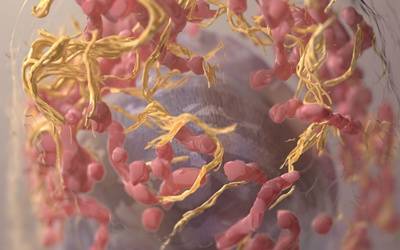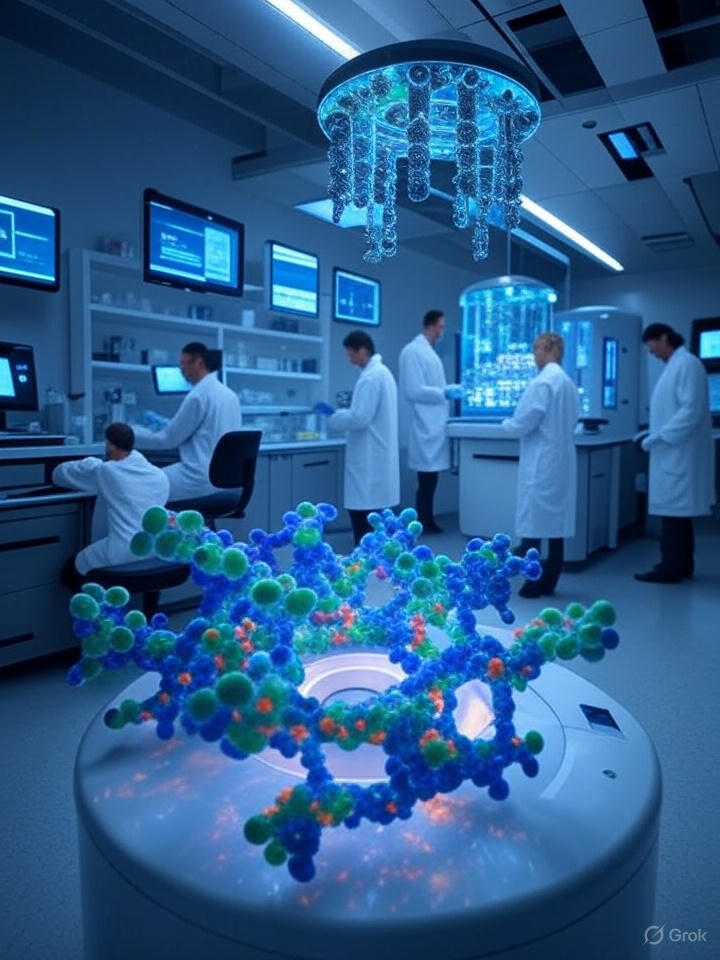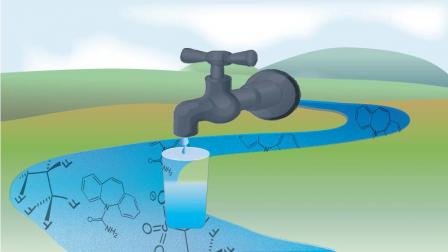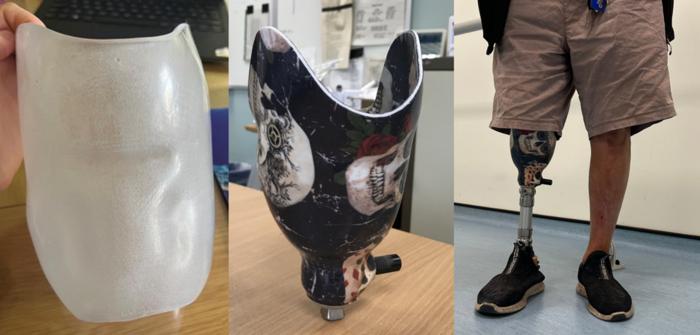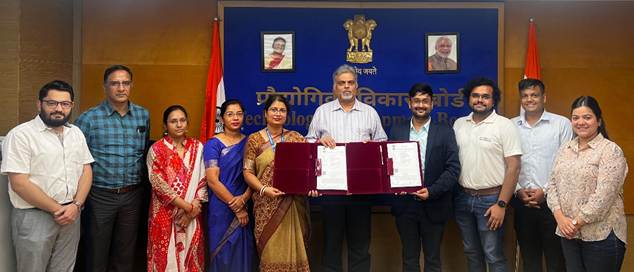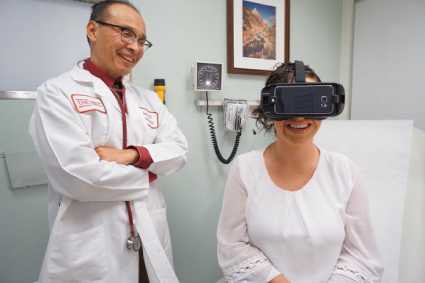New Delhi: A nano biomaterial with a stable link between two molecules or a hormone nanoconjugate called hydroxyapatite-Parathyroid synthesized by Inspire Faculty fellow Dr. Geetanjali Tomar from Savitribai Phule Pune University may soon help tissue regeneration. She has also synthesised and characterised gold nanoparticles (AuNPs) from a microorganism called Actinomycete, Nocardiopsisdassonvillei NCIM 5124.
The former research published in the journal Nanomedicine: Nanotechnology, Biology, and Medicine (NBM) and gold nanoparticle synthesis published in Applied Microbiology and Biotechnology paves the way for development of nanocarrier systems for delivery of drugs to bone tissue for regenerative therapies.
Dr. Geetanjali’s lab focusses on studying the properties of stem cells in terms of their suitability for tissue regeneration. At the same time, they are also working on development of materials for therapeutic applications in some critical bone defects. Their research on the current status of materials and techniques used to fabricate scaffolds for skull and facial bones (craniomaxillofacial bone) tissue engineering was recently published. In one of their articles, her team highlighted that innovative and multidisciplinary approaches, including advanced materials, nanobiotechnology, cell biology, computer-assisted techniques, robotics, and artificial intelligence tools, offer huge potential for augmentation of craniomaxillofacial tissue engineering.
The lab of this recipient of Inspire fellowship instituted by the Department of Science & Technology (DST), Government of India, is amongst the very few labs in India who are working with stem cells derived from gums around the teeth technically called human gingiva. Bone marrow, dental pulp, alveolar bone, periodontal ligament, umbilical cord, endometrium, breast milk, and adipose tissue are the major and well-studied sources of stem cells. Therefore, her group aims at establishing gingiva to be at par with the other stem cell sources, as it is very easy to harvest and involves minimum invasion into the host system. Her group is also working in close collaboration with some of the developing labs in and around Pune to establish stem cell facilities for commercialization of stem cell therapies.
Currently placed as a DST Women scientist (WOS- B), she has developed a polymer system for replicating the bone marrow microenvironment by co-culturing bone cells on its surface. This would enable the researchers in therapeutic screening of the target molecules. Along with her group, she is currently working on development of a hydrogel-based cell-seeded scaffold to design a minimally invasive regenerative approach for vertebral and inter-vertebral disorders. She has started the process for patenting of this technology and is also working as a consultant for many industries for development of therapeutic products.
- PIB

